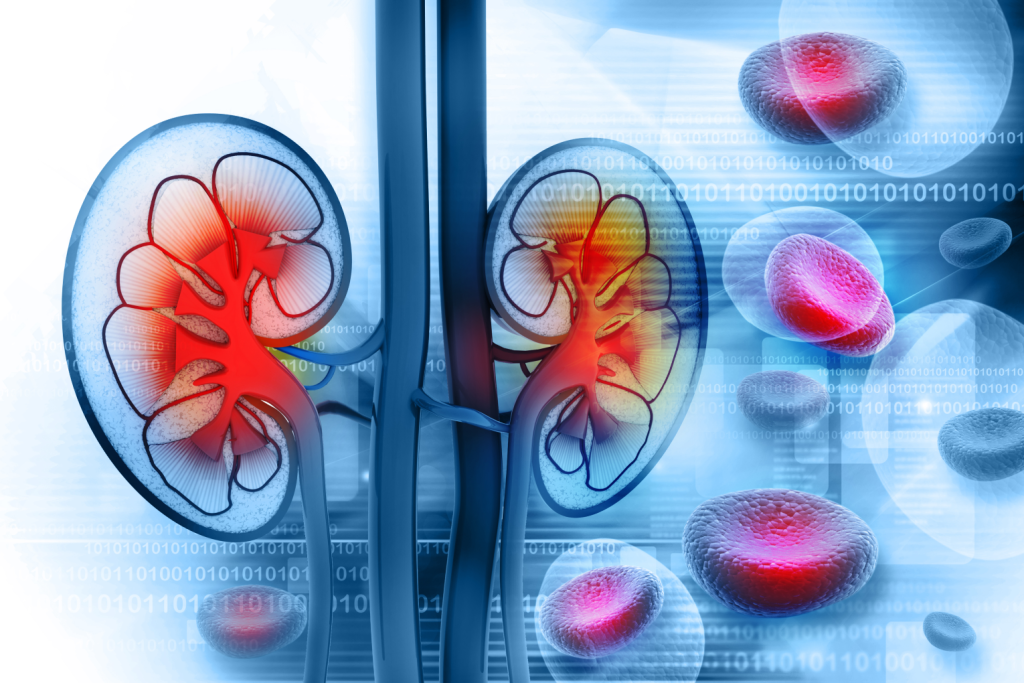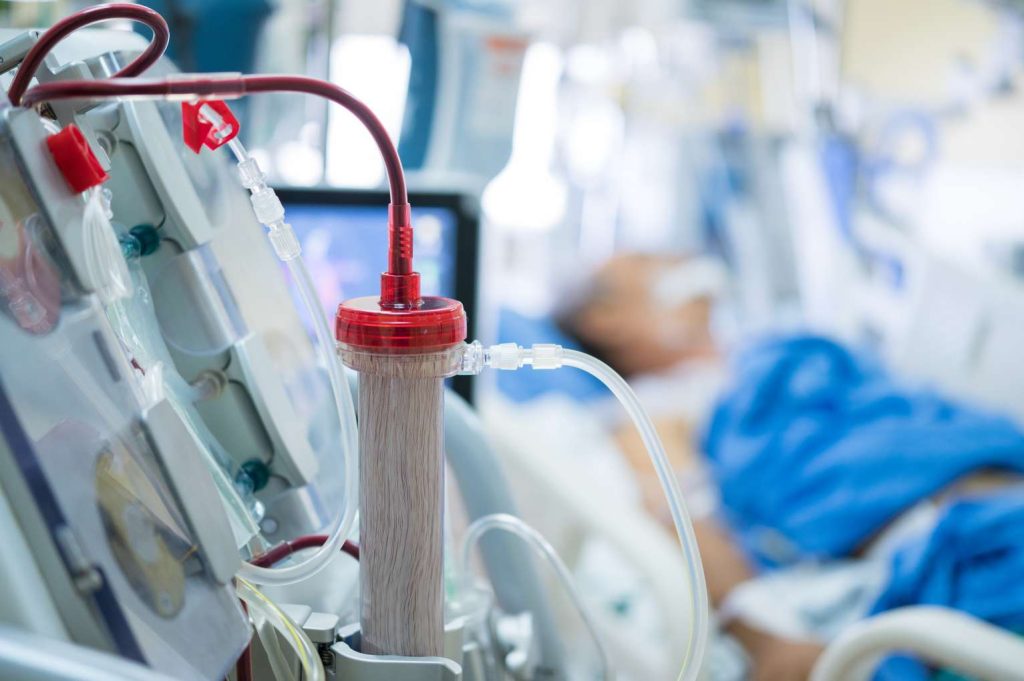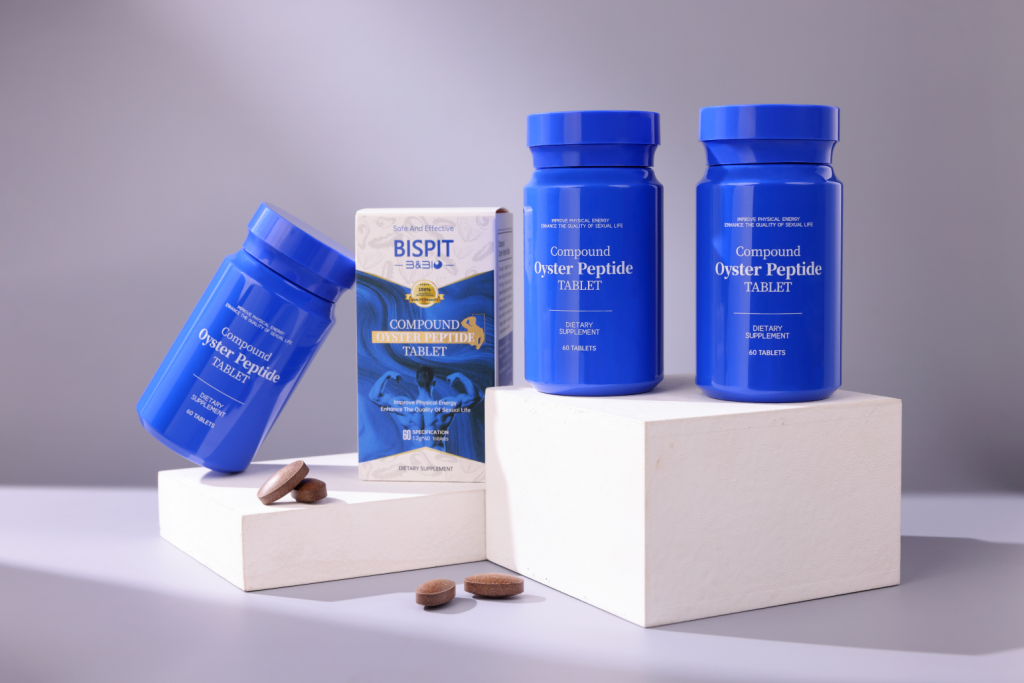
Kidneys perform essential, ongoing work: they filter blood, clear metabolic waste, balance fluids and electrolytes, help regulate blood pressure, and process drug metabolites and environmental chemicals. Because kidneys must handle a large fraction of what we ingest and absorb, repeated low-level stresses can accumulate over time and gradually reduce functional resilience.
Everyday sources of long-term kidney stress include over-the-counter pain relievers, certain prescription medications, poor diet, chronic underhydration, and low-level environmental exposures. Occasional use of nonsteroidal anti-inflammatory drugs (NSAIDs) such as ibuprofen is generally safe for most people; however, frequent or prolonged NSAID use—especially when combined with dehydration or polypharmacy—can reduce renal blood flow and raise the risk of injury. Some prescription drugs (certain antibiotics, antivirals, lithium and others) may be nephrotoxic if not monitored. Diets high in sodium, processed fats, and added sugars place extra metabolic demand on the kidneys, while chronic underhydration concentrates waste and stresses nephrons. Long-term, low-dose exposure to environmental contaminants (industrial solvents, pesticide residues, or heavy metals) can incrementally elevate oxidative stress in renal tissue.
Because these effects are typically cumulative and often asymptomatic at first, kidney damage can progress quietly. People may maintain near-normal function for a long time while microscopic damage, inflammation, impaired microcirculation, and gradual scarring advance. Symptoms such as persistent fatigue, ankle swelling, subtle changes in urine patterns, or unexplained increases in blood pressure frequently appear only after significant reserve has been lost. That is why prevention and practical, consistent measures matter more than looking for a singular “quick fix.”
Lifestyle steps that reduce kidney stress

Begin with foundational, evidence-based habits:
- Stay hydrated. Sip water regularly throughout the day, and increase intake around exercise and in hot conditions.
- Use medications wisely. Avoid chronic, unsupervised NSAID use. Follow prescription instructions and ask your clinician about periodic lab monitoring when taking long-term medications.
- Choose whole foods. Favor vegetables, fruits, lean proteins, legumes, nuts and healthy fats; limit processed snacks, excess salt, and added sugars.
- Manage chronic illnesses. Aggressively control hypertension and diabetes—high blood pressure and poor glycemic control are among the leading drivers of progressive kidney decline.
- Protect sleep and reduce stress. Chronic sleep deprivation and sustained stress impair repair mechanisms and indirectly weaken kidney resilience.
Nutrition as supportive care: what the science says
Beyond lifestyle modification, certain nutrients show protective activity in laboratory and animal models, and emerging clinical data suggest possible benefits in humans. Evidence remains evolving and should be interpreted with caution.
- Taurine. An amino sulfonic acid found in seafood, taurine exhibits antioxidant properties, supports cellular hydration, and has been shown in several studies to reduce oxidative damage in diverse tissues, including the kidney in preclinical models.
- Zinc. A trace mineral abundant in shellfish, zinc plays a role in DNA repair, immune competence, and cellular stress responses. Low zinc status has been associated with poorer outcomes in people with kidney disease; maintaining adequate zinc intake supports tissue recovery processes.
- Marine-derived bioactives. Small peptides and trace minerals derived from marine sources often act as a combined package—peptides, amino acids, taurine and minerals—that may work synergistically rather than as single isolated compounds.
Oyster-derived peptides: a focused example
Oyster-derived peptides are low-molecular-weight protein fragments produced by enzymatic hydrolysis of oyster protein. They are typically more readily absorbed than intact proteins and can carry bioactive amino acids and trace minerals. In animal studies, oyster peptides have reduced oxidative stress markers in renal tissue, improved biochemical indices after chemically or drug-induced injury, and modulated inflammatory pathways in ways that suggest tissue protection.
Important caveat: Most results to date are preclinical (animal or in vitro). High-quality, large-scale human clinical trials confirming efficacy for kidney protection are limited. Nutritional support should be considered an adjunct to medical care—not a substitute.
How to consider supplements safely

If you are thinking about targeted nutritional support for kidney health, follow these safety steps:
- Consult your healthcare provider first, especially if you have existing kidney disease or take multiple medications—supplements can interact with drugs or affect laboratory markers.
- Choose products with transparent sourcing and third-party testing to reduce the risk of contamination or inconsistent dosing.
- Prefer sensible ingredient levels rather than excessive concentrations.
- Start with a short trial while monitoring symptoms and, if appropriate, repeating basic labs (serum creatinine, eGFR, urine tests). Keep a simple record of what you take and how you feel.
Example product: BISPIT Compound Oyster Peptide Tablets

As an illustrative option, BISPIT Compound Oyster Peptide Tablets (USA-sourced) combine oyster-derived peptides with supporting nutrients such as zinc and taurine and may include complementary herbal extracts. Such formulations are positioned as daily nutritional support designed for absorption and convenience. If you evaluate a product like this, verify its certificate of analysis, sourcing details, and third-party test results before purchase, and consult your clinician if you have kidney concerns or are taking medication.
Practical daily checklist
- Hydrate consistently—don’t wait until thirsty.
- Limit unnecessary NSAID use; consult your clinician for alternatives.
- Favor whole foods over processed options.
- Monitor blood pressure and blood glucose regularly if at risk.
- Record baseline labs and follow up periodically.
- Consult your clinician before starting any new supplement and document a short trial period.
Closing thoughts & disclaimer
Protecting your kidneys is a long-term effort made up of many small, consistent choices—better hydration, informed medication use, modest dietary improvements, and considered use of evidence-based nutrition where appropriate. This article is educational and does not constitute medical advice. Always consult a healthcare professional before changing medications or starting new supplements.
